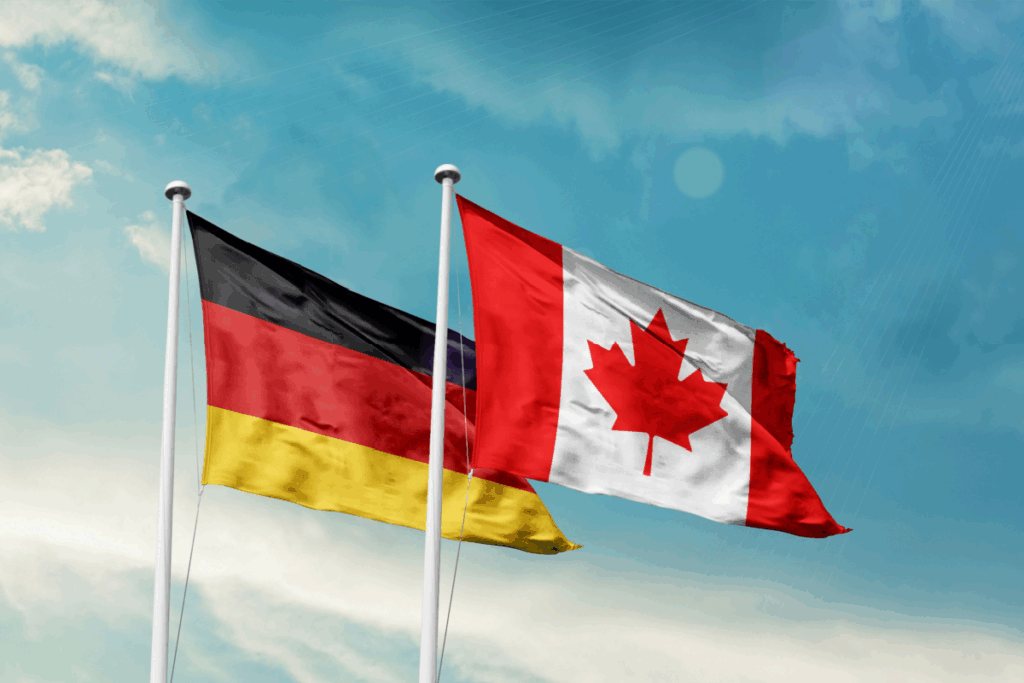A Strategic Alliance in Berlin
Canada and Germany have announced a plan to deepen cooperation in defense and critical minerals, reflecting a shared strategy to reduce reliance on Russia and China while responding to U.S. tariffs. The announcement followed a meeting between Canadian Prime Minister Mark Carney and German Chancellor Friedrich Merz in Berlin, where both leaders emphasized their countries’ aligned interests and goals.
Focus on Critical Minerals
The centerpiece of the cooperation is a new agreement between the two nations’ economy ministers, focusing on critical minerals essential to advanced technologies and defense. The deal includes joint development and supply chain resilience for lithium, rare earth elements, copper, tungsten, gallium, germanium, and nickel. These resources are central to powering military equipment, electric vehicles, and emerging technologies like quantum computing.
Canada brings significant leverage to the table, with around 200 mines extracting key materials, many classified as critical raw materials. For Germany, reducing dependency on China in this sector is a priority, as it supports both the green transition and defense ambitions of the European Union.
Defense Cooperation and Submarine Fleet Renewal
The partnership also extends into defense. Carney announced plans to visit Thyssenkrupp Marine Systems in Kiel, one of two finalists under consideration for Canada’s submarine fleet renewal program. This project marks a significant step in modernizing Canada’s naval capabilities while strengthening ties with German industry.
Several Canadian cabinet members accompanied Carney to Berlin, including Defense Minister David McGuinty, Industry Minister Mélanie Joly, and Energy Minister Tim Hodgson, underscoring the broad scope of collaboration. Hodgson was scheduled to deliver a keynote to industry leaders in energy, manufacturing, and defense, highlighting Canada’s role in industrial innovation.
Addressing Global Security Challenges
Beyond minerals and defense contracts, the leaders also discussed security guarantees for Ukraine. While no specific measures were disclosed, the inclusion of Ukraine in their talks signals both countries’ commitment to European security and their alignment within broader Western strategies.
The cooperation illustrates how Canada and Germany are adapting to shifting global trade and geopolitical landscapes, prioritizing resilience, technological advancement, and collective security.


